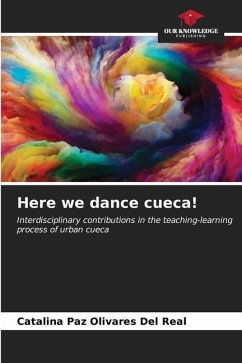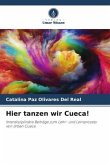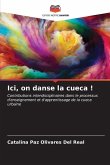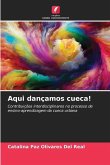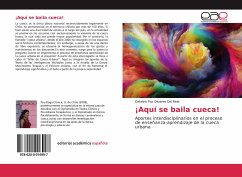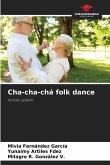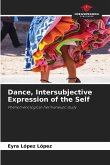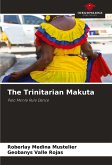The cueca, the only legally recognised national dance in Chile, has remained in Chilean territory for more than 150 years. Although there is a diversity of styles throughout the country, nowadays the "cueca huasa" variant is almost exclusively taught in schools and is becoming less and less popular. On the other hand, the so-called "cueca urbana", since the year 2000, has re-emerged in contemporary socio-festive spaces; however, despite being a dance of free expression, the homogenisation of gestures and movements in the dancers is observed. In this context, the question arises for the author: how is the teaching-learning process of the cueca urbana implemented at present? The "Urban Cueca Workshop" is based on this question. Here, the contributions of the Theory of Multiple Intelligences are integrated with the perspective of Dance Movement Therapy and Chilean Folklore, in order to promote meaningful learning and dance based on one's own corporeality.
Bitte wählen Sie Ihr Anliegen aus.
Rechnungen
Retourenschein anfordern
Bestellstatus
Storno

